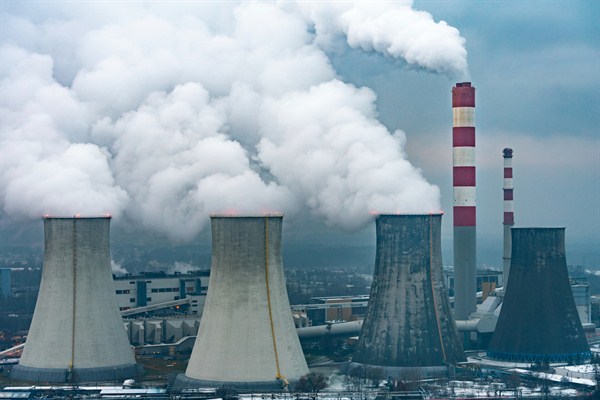It’s easy to be discouraged these days by the state of progress on addressing climate change. This week’s United Nations climate change conference in Poland risks concluding without having made any meaningful progress, in part due to obstruction from the U.S. delegation. The failure would come at a bad time.
In late November, the U.S. federal government released the fourth national climate assessment, a series of reports mandated by a 1990 statute called the Global Change Research Act. These blockbuster assessments, produced roughly every four years, comprise hundreds of pages of detailed analysis of climate change’s impact on various ecosystems, natural and human-made.
This year’s report concluded, among other things, that social disparities, aging infrastructure and economic growth prospects will all get worse as a result of global warming. The economic losses could reach hundreds of billions of dollars. Access to clean and adequate water supplies, management of public health, agricultural production—all will suffer from the secondary effects of a changing climate.

